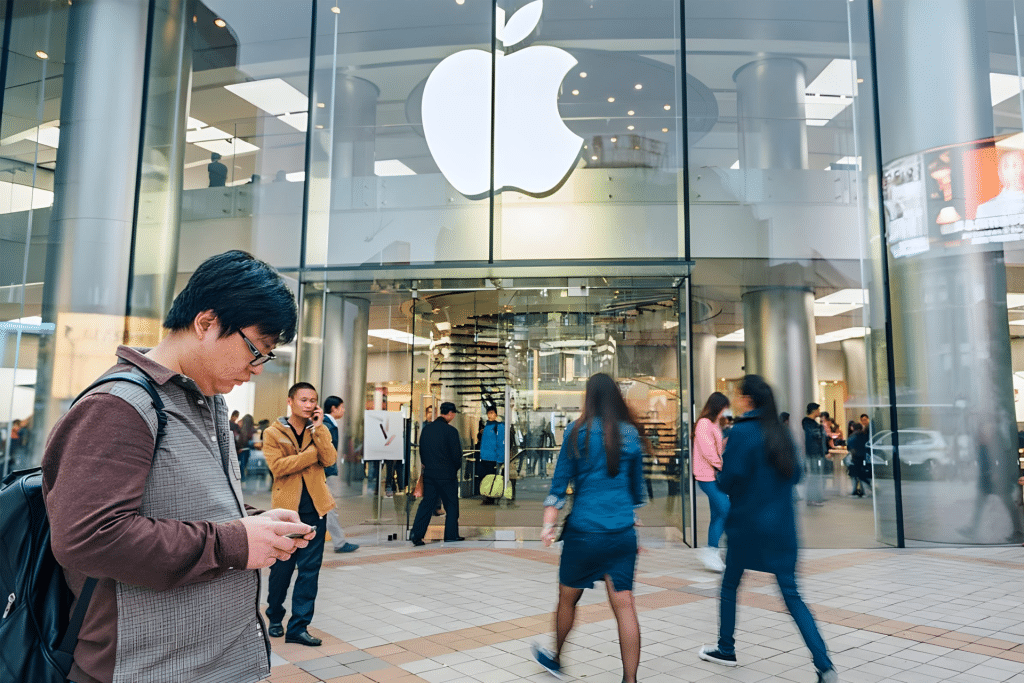Apple is preparing to introduce support for third-party app stores in Japan with the upcoming iOS 26.2 update, expanding its compliance strategy for international digital market regulations. The move comes as Japan’s Act on Promotion of Competition for Specified Smartphone Software is set to take effect in 2026, requiring Apple and Google to allow alternative app distribution methods on their platforms.
The change follows a similar rollout across the European Union earlier this year, where iOS 26 introduced the ability for users to install apps outside of Apple’s App Store through authorized third-party marketplaces. Japan is expected to become the second major region to gain this functionality.
Adapting to Regulatory Shifts
Apple has reportedly been testing new marketplace frameworks within iOS 26.2 betas distributed to developers in Japan. The update includes infrastructure for handling alternative payment processing, app notarization, and user consent — mechanisms already in place for the EU rollout.
Under the forthcoming Japanese regulation, Apple will be required to provide equal technical access to third-party app distributors, including the use of system APIs and secure installation protocols. While Apple has historically opposed sideloading due to privacy and security concerns, the company appears to be maintaining a similar safeguard system to the EU’s model, including mandatory app verification through its Notary Service.
Developer and Market Impact
The shift is expected to create new opportunities for app developers in Japan by lowering distribution barriers and allowing alternative payment systems without Apple’s 15 to 30 percent commission structure. Domestic companies such as LINE and Rakuten have been among the most vocal advocates for greater independence in app monetization and distribution.
However, analysts expect Apple to maintain strong oversight through mandatory security frameworks and transparency disclosures. The company is likely to highlight the safety advantages of using verified marketplaces over direct sideloading, which remains unavailable in Japan under the current proposal.
Japan’s Digital Competition Push
Japan’s new digital competition act was finalized in 2024 and focuses on increasing transparency and interoperability among mobile ecosystems. The country’s Fair Trade Commission has indicated that it aims to “restore fairness” in digital app distribution by giving developers and consumers more choice.
Apple’s adaptation to the legislation reinforces its pattern of regional compliance while maintaining its core privacy standards. Similar updates are being monitored by regulators in South Korea and Australia, which are also evaluating digital markets legislation inspired by the EU’s Digital Markets Act.
If iOS 26.2 launches as expected, users in Japan will gain access to third-party app stores sometime in mid-2026. The implementation is likely to mirror Apple’s European model, where users must grant specific permission before installing any external marketplace.
For Apple, this expansion marks another significant adjustment to its global App Store operations — one that balances regulatory pressure with its ongoing emphasis on platform security and user trust.
